Wednesday, March 09, 2022 / 10:52 AM / by FBNQuest Research / Header Image Credit: FBNQuest Research
Our chart below, drawn from the CBN data on money and credit growth shows that total credit to the private sector increased by 15.7% y/y to NGN35.4bn. Although growth has slowed since November of last year, the double-digit growth rate is encouraging. The data in today's chart for private-sector credit extension (PSCE) includes lending from all sources, including the CBN and state-owned development banks. A narrower measure of PSCE is captured in another series in the CBN's Quarterly Statistical Bulletin which covers only lending by deposit money banks (DMBs). It shows a total of NGN21.8trn at end-Sep '21, representing 17.8% y/y growth.
The gap of almost NGN14trn can be partly explained by the four-month lag and increased disbursements by the CBN under its development finance initiatives.
We observe that credit to government increased to 16% y/y, up from 7% the previous month.
Despite the double-digit PSCE growth rate, there is still a gap in the number of people who benefit from formal financial intermediation. Nigeria's PSCE/GDP ratio improved marginally to 20.1% in January from 19.8% a year earlier, based on FY '21 GDP data. Comparable data for peer countries.
In contrast, data from the World Bank for 2020 show comparable ratios of 107.9%, 32.0%, and 27.1% for counterparts such as South Africa, Kenya, and Egypt.
South Africa's high percentage reflects the country's progress in financial intermediation and the development of its banking sector. A PSCE/GDP ratio of 70% is considered an acceptable ratio for a well-developed financial system.
In Kenya, product offerings that arose from collaborations between mobile network operators and banks have helped to drive financial intermediation.
One such product is M-Shwari, a paperless banking service provided by a commercial bank through M-Pesa that allows customers to obtain loans despite them having no prior banking history.
Back to Nigeria, recent partnerships between commercial banks and fintechs have the potential to expand credit access and financial inclusion.
This is expected to be facilitated by the CBN's endorsement of open banking, which allows banks to integrate with fintechs and other third parties through Application Program Interfaces (APIs) as the primary means of connectivity and data sharing.
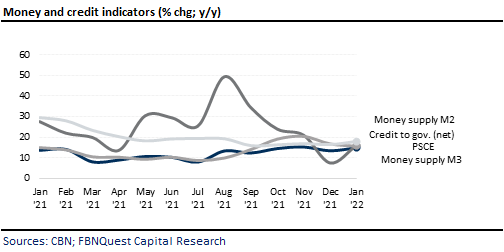
 Lagos, NG • GMT +1
Lagos, NG • GMT +1










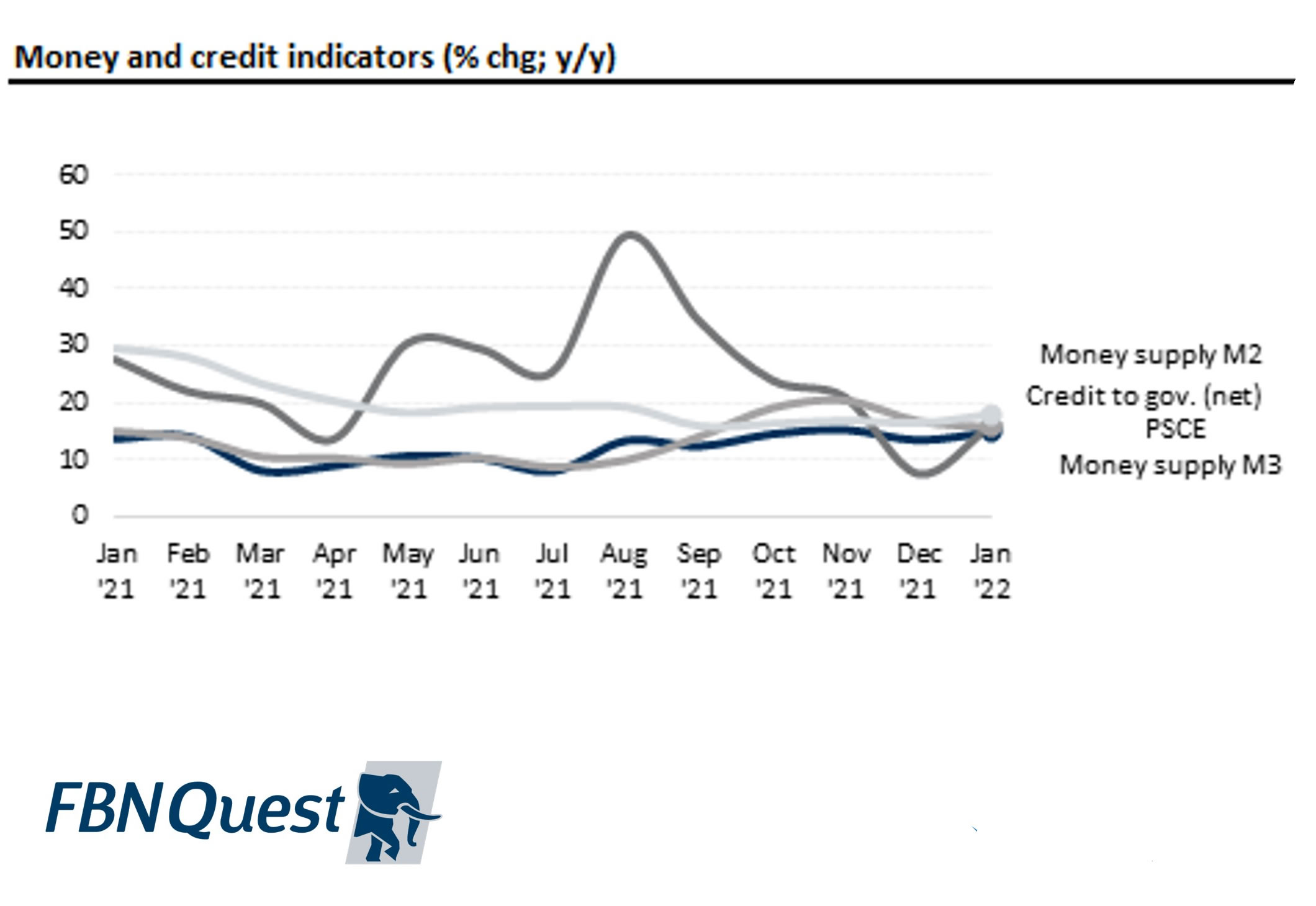
 147 views
147 views
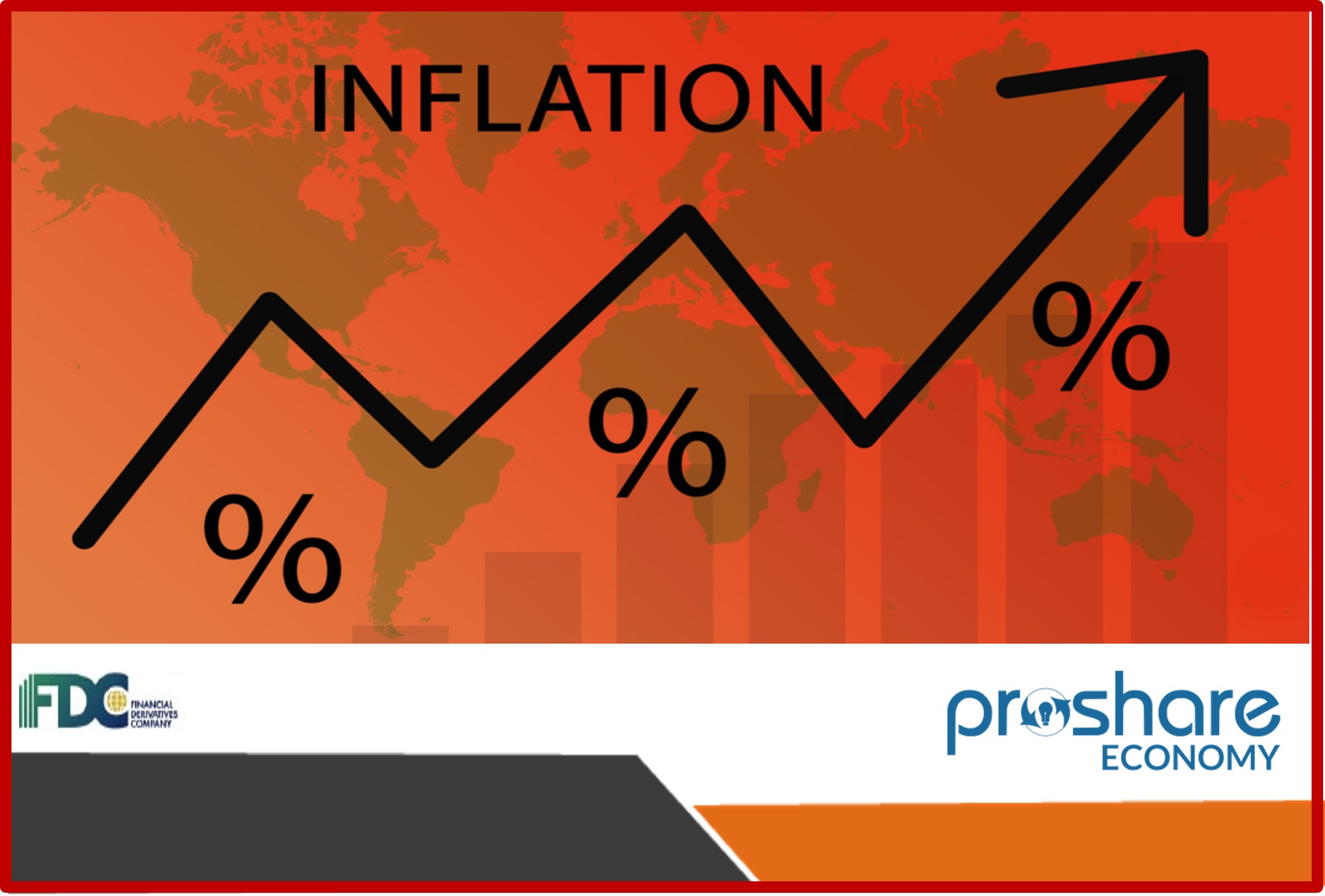


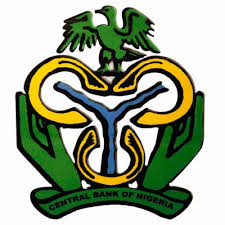
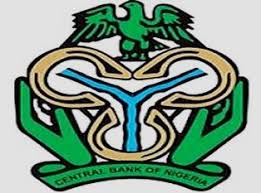

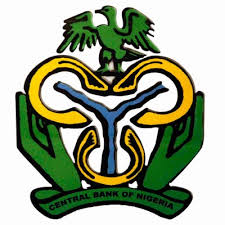
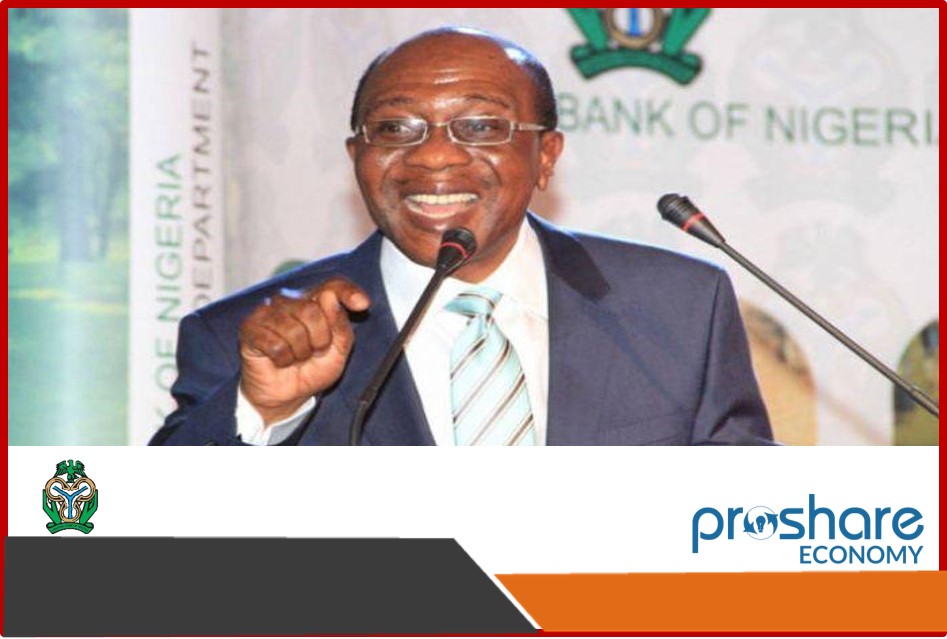
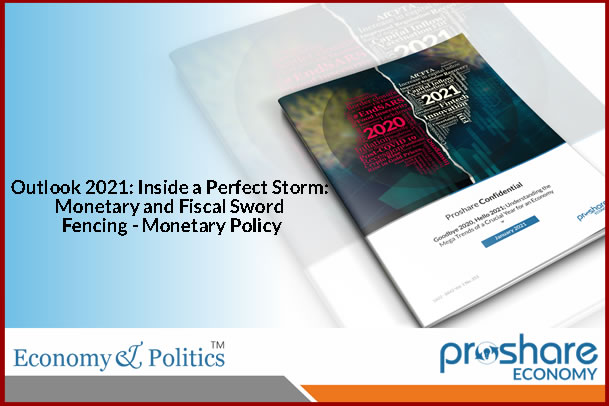






 Sponsored Ad
Sponsored Ad
 Advertise with Us
Advertise with Us









